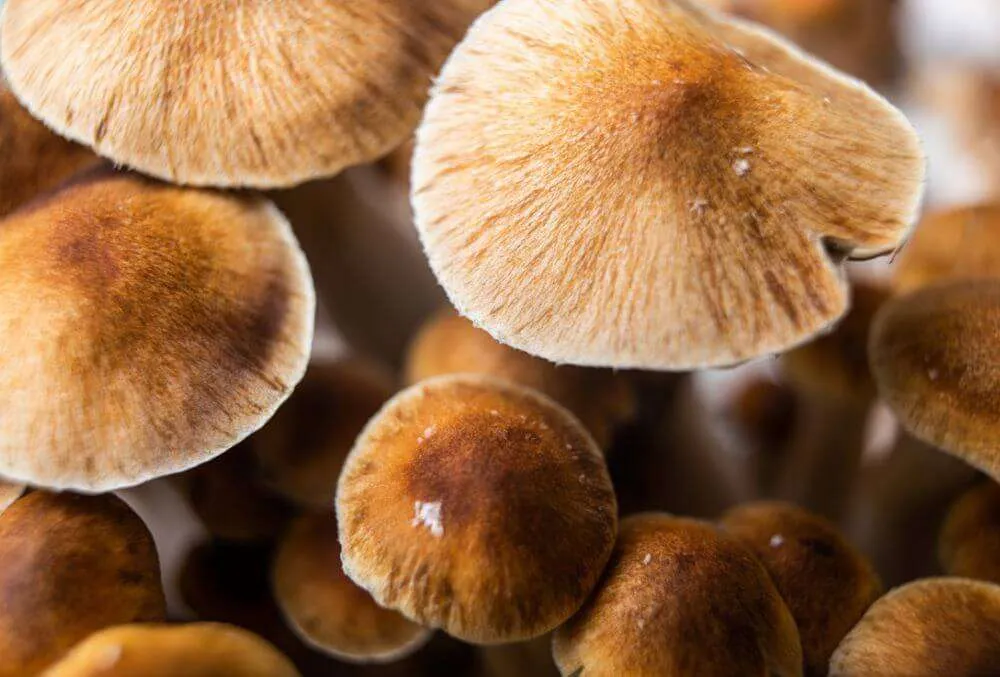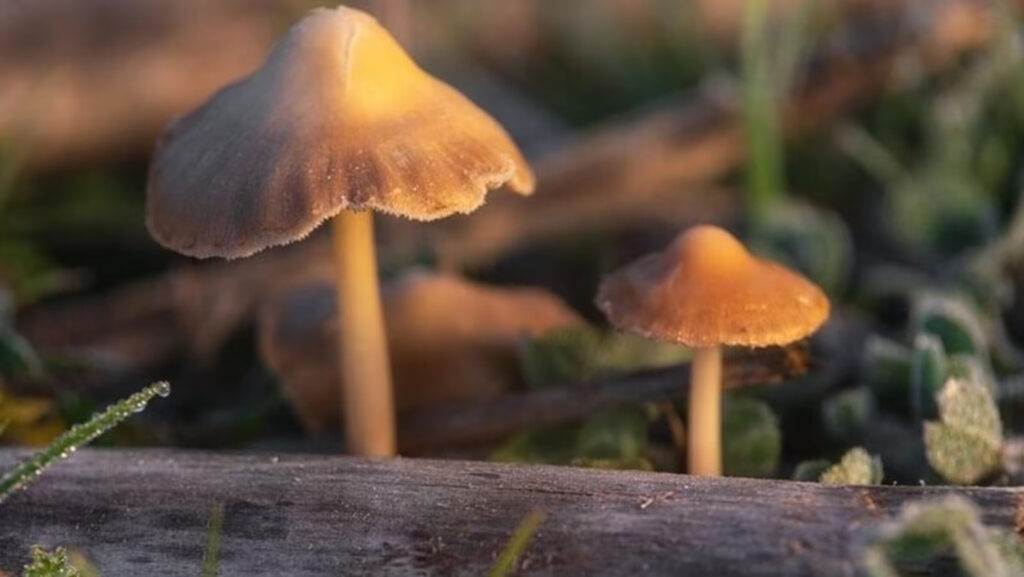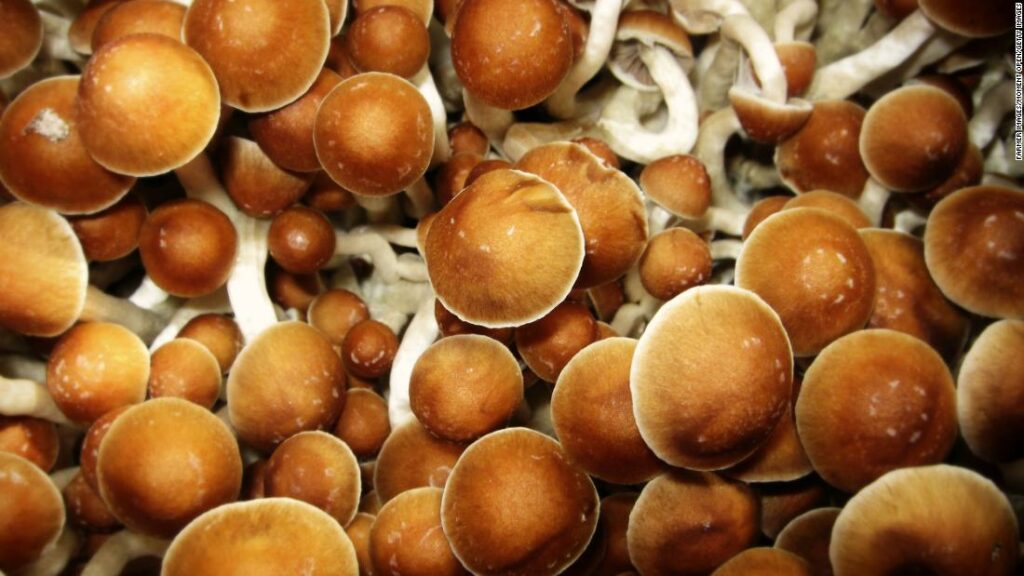Magic mushrooms, those captivating fungi known for their psychedelic properties, have long captured the human imagination. Beyond their mystical allure, there is a fascinating ecological story to be told. In this exploration, we delve into the world of magic mushrooms in Canada and their ecological impact, unraveling the connections between these enchanting fungi and the environment that sustains them.
The Role of Mushrooms in Ecosystems
Mushrooms, including the magical varieties, play crucial roles in ecosystems worldwide. They are the fruiting bodies of fungi, which are essential components of nutrient cycling in nature. Fungi form symbiotic relationships with plants, aiding in nutrient absorption and contributing to the overall health of ecosystems. Magic mushrooms, often found in association with certain tree species, contribute to the mycorrhizal networks that enhance plant health and soil structure.

Biodiversity and Habitat Connectivity
One of the remarkable aspects of magic mushrooms is their ability to foster biodiversity and habitat connectivity. As mycorrhizal partners with various plants, these fungi contribute to the resilience and diversity of ecosystems. The intricate underground networks formed by mycelium, the vegetative part of the fungus, create connections between plants, allowing for the exchange of nutrients and information. This underground web supports the health and vitality of diverse plant communities.
Environmental Benefits and Soil Health
Magic mushrooms also bring notable environmental benefits, particularly concerning soil health. The mycorrhizal associations formed by these fungi improve soil structure, enhance water retention, and contribute to nutrient cycling. This has positive implications for agricultural practices, promoting sustainable soil management and reducing the need for synthetic fertilizers. The natural symbiosis between magic mushrooms and the environment showcases the potential for these fungi to act as allies in ecological restoration efforts.
Decomposition and Recycling
Another vital ecological role played by magic mushrooms is their involvement in the decomposition and recycling of organic matter. Fungi, including magic mushrooms, are powerful decomposers, breaking down complex organic compounds into simpler forms. This process is essential for the cycling of nutrients and the renewal of ecosystems. By contributing to the decomposition of plant material, magic mushrooms play a key role in maintaining the balance of nutrient cycles in forests and other ecosystems.
Climate Change Resilience
As our planet faces the challenges of climate change, understanding the ecological contributions of magic mushrooms becomes increasingly important. The ability of fungi to enhance soil health, support biodiversity, and contribute to carbon sequestration positions them as potential allies in mitigating the impacts of climate change. Research into the specific contributions of magic mushrooms to climate resilience is ongoing, offering exciting possibilities for harnessing their ecological benefits.
The Threat of Overharvesting
While magic mushrooms contribute positively to the environment, they are not without challenges. Overharvesting, driven by recreational and medicinal use, poses a significant threat to some species. Irresponsible foraging practices can disrupt mycorrhizal networks, impacting the health of ecosystems and reducing the availability of these fungi for other organisms. Conservation efforts and responsible harvesting guidelines are crucial to ensure the sustainable coexistence of humans and magic mushrooms in their natural habitats.
Conservation and Responsible Foraging
To safeguard the ecological impact of magic mushrooms, conservation efforts must be prioritized. Establishing protected areas, promoting responsible foraging practices, and educating the public about the importance of these fungi in ecosystems are vital steps. Additionally, collaboration between researchers, conservationists, and the public can contribute to a deeper understanding of magic mushrooms’ ecological roles and the development of sustainable management strategies.

Magic mushrooms, beyond their recreational use, serve as ambassadors of ecological harmony. Their symbiotic relationships with plants contribute to the adaptability and vitality of ecosystems, making them resilient in the face of environmental challenges. The mycorrhizal networks formed by magic mushrooms facilitate the exchange of nutrients, enabling plants to communicate and support each other.
Moreover, these fungi actively participate in carbon cycling, aiding in the sequestration of carbon dioxide from the atmosphere. As we grapple with the urgent need to address climate change, understanding and preserving the ecological roles of magic mushrooms becomes imperative. Research into harnessing the potential of these fungi for environmental restoration and carbon capture offers hope for sustainable solutions.
However, the delicate balance can be disrupted by the increasing demand for magic mushrooms. Conservation efforts and ethical foraging practices must be championed to ensure the preservation of these mystical fungi and their ecological impact. By fostering a deeper appreciation for the intricate dance between magic mushrooms and the environment, we can navigate a path that respects nature’s wonders while safeguarding the delicate ecosystems that rely on their enchanting presence. In doing so, we embrace a responsibility to be stewards of the natural world and cultivate a harmonious coexistence with the magic that mushrooms bring to our planet.
Conclusion
In the enchanting world of magic mushrooms, the ecological impact is a story of interconnectedness, biodiversity, and environmental resilience. These fungi, with their mysterious allure, contribute significantly to the health and balance of ecosystems. As we continue to explore the potential benefits of magic mushrooms, let us also embrace a responsibility to protect and conserve these fascinating organisms, ensuring that their ecological impact remains a positive force for generations to come.

